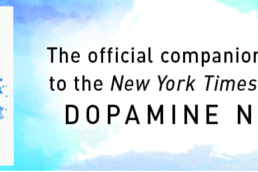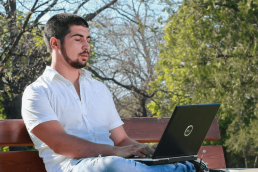Let’s Talk About Personal and Social Education is a new report on sex and relationship education from the Education and Skills Committee of the Scottish Parliament.
In terms of core issues, Sex and Relationships Education (“SRE”) was considered a top priority and must feature in class work. To be effective this means SRE, which goes beyond the biology of reproduction, involves talking about sex and relationships. It should not just be about watching videos and reading leaflets as is the case in some classes. The Committee received concerning evidence that for some young people, particularly LGBTI young people, sex education comes from the internet, including pornography, due to a lack of adequate provision within school.
The internet as a substitute for SRE
An important theme was that, where SRE is lacking, the internet is being readily accessed as a substitute. On the whole that means pornography. The Committee noted the increasing sexualisation of young people and their exposure to sexual images and information through the media, popular culture and through the easy availability of internet pornography. As much of the written evidence received by the Committee pointed out, many of these cultural influences reinforce negative gender role stereotypes and may create in young people unhealthy and negative expectations of sexual relationships. Yet the Committee heard the suggestion that the focus of SHARE remains too much on the biological and reproductive aspects of sex.
Good SRE clearly has a role to play in combating the messages received online. Joanna Barrett from the NSPCC said—
“We are really interested in—and worried about—online space… and we are really concerned that children are getting their sex education from pornography. We did some research that showed that, by the age of 14, 90-odd per cent of young people had seen pornography, and about half of boys thought that it was an accurate representation of sex. Girls were articulating that they were very worried that boys’ impressions of and attitudes to women were negatively impacted by exposure to pornography. There are real issues that we need to look at, and we need to ensure that we are equipped to build children’s resilience.” (Source: Education and Skills Committee 22 February 2017, Joanna Barrett, contrib. 120)
The Reward Foundation contribution to the Committee’s work recommended:
“Age-appropriate, brain-based education is suitable for pupils irrespective of sexual identity or faith. Compulsory, simple, interactive lessons on:
- how the brain learns, seeks rewards, novelty, and avoids pain the unique vulnerability of the adolescent brain to all addictions (drugs, alcohol, nicotine, junk food, internet-gambling, -gaming and -pornography)
- the mental and physical health risks, social and relationship harms from excessive use of internet pornography
- Legal risks of compulsive use of pornography including child-on-child sexual abuse and possession of child abuse imagery
- Active learning through 24 hour screen fasts and junk food fasts to experience the subconscious ‘urges’ that drive mindless behaviour. (Mary Sharpe, Advocate, Chief Executive Officer, The Reward Foundation)”
Our email submission to the committee can be found here.
The practical issue is that most teachers feel ill-equipped to deal with this most sensitive of subjects and just do not want to touch it. That makes the work of the Reward Foundation all the more relevant and necessary.
Image: Perth Academy Wordle representing the views of a PSE class on what PSE should be about.




